Relief for Rahul Gandhi: Supreme Court Stays Defamation Proceedings, Seeks Response from UP Govt and Complainant
New Delhi | August 4, 2025
The Supreme Court on Monday granted interim relief to Leader of the Opposition Rahul Gandhi by staying the ongoing criminal defamation proceedings against him in a Lucknow court. The case stems from remarks he made during the Bharat Jodo Yatra, in which he commented on alleged India-China border tensions while speaking to media personnel.
During the hearing, Justice Dipankar Datta questioned Gandhi sharply, asking, “How did you come to know that 2,000 square kilometers of Indian territory were occupied? Were you present there? Do you have any credible evidence?”
Senior advocate A.M. Singhvi, representing Gandhi, responded that the statement was made in the public interest, adding, “A true Indian would also say that our soldiers were harmed.”
The bench also raised concerns over Gandhi choosing social media to express such views instead of raising the matter in Parliament. Justice Datta remarked, “As the Leader of the Opposition, you are expected to act with greater responsibility.”
Gandhi argued before the court that over 20 cases had been filed against him across the country over his political speeches, which he said reflects an orchestrated legal campaign to silence dissent. “These are nothing but strategic litigations—abuse of legal process to veto my right to express disagreement with the government’s policies,” he submitted.
The case was originally filed in August 2023 by Uday Shankar Srivastava, a retired officer of the Border Roads Organisation (BRO), who alleged that Gandhi’s remarks defamed the Indian Army and hurt his personal reputation.
Gandhi, however, argued that the complainant was neither a serving army officer nor a direct victim. He maintained that his statement was not aimed at any specific individual or identifiable group and was purely a political comment in response to a media question.
He further submitted that the magistrate issued summons without giving him an opportunity to be heard, and that the complaint relied on newspaper clippings and hearsay, which are not admissible as evidence unless verified.
Gandhi also cited legal precedents which clarify that only a person directly affected by a defamatory remark can file such a complaint.
The bench has issued notice to the Uttar Pradesh government and to the complainant, represented by senior advocate Gaurav Bhatia, asking them to respond within three weeks.
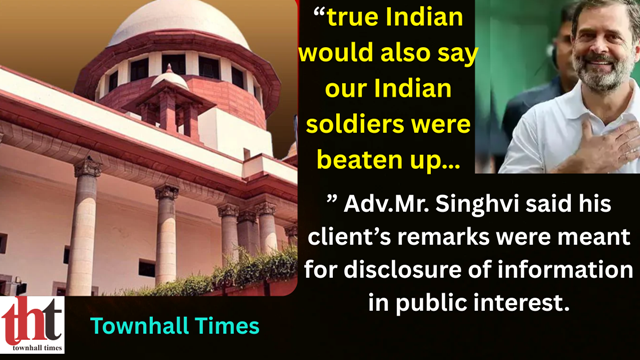
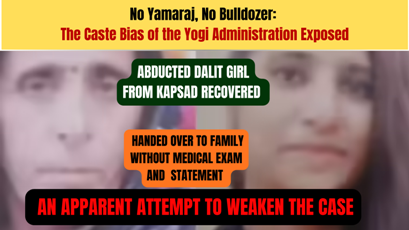
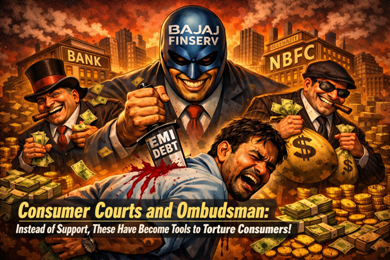
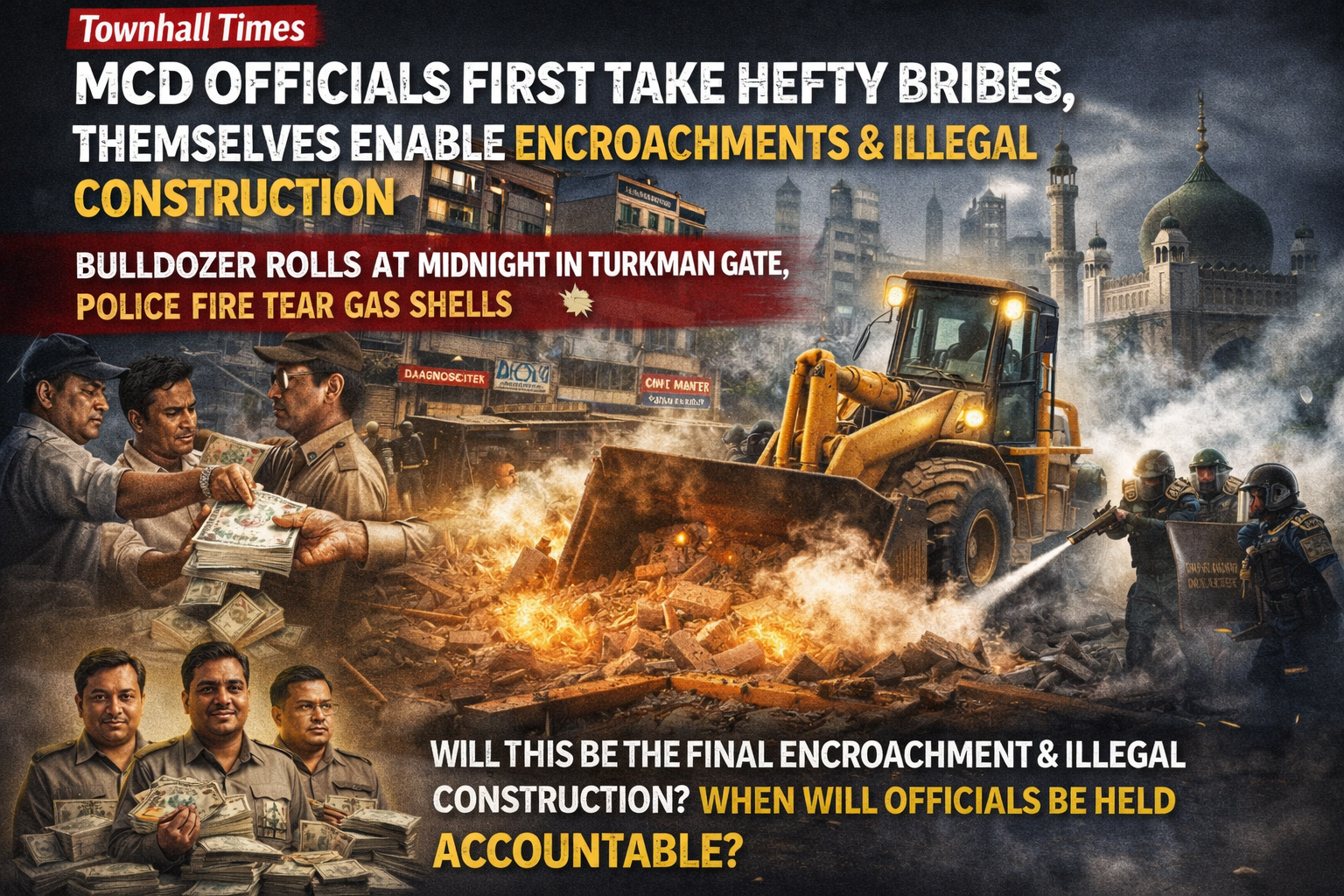
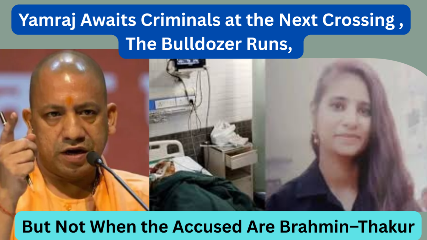
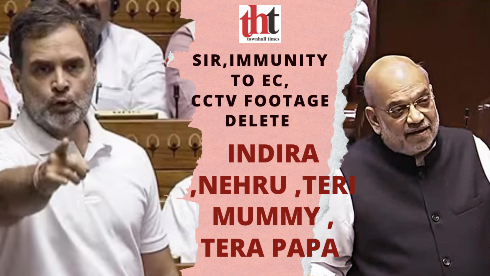

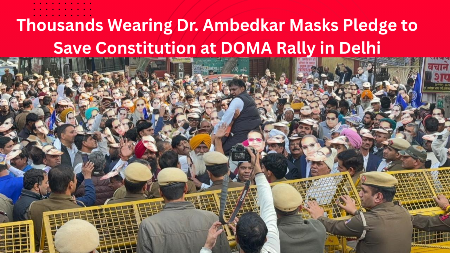
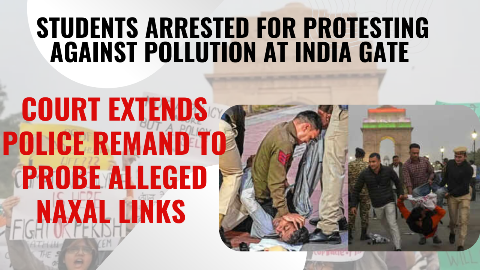

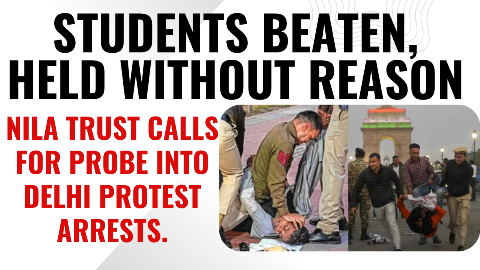

Leave a Reply